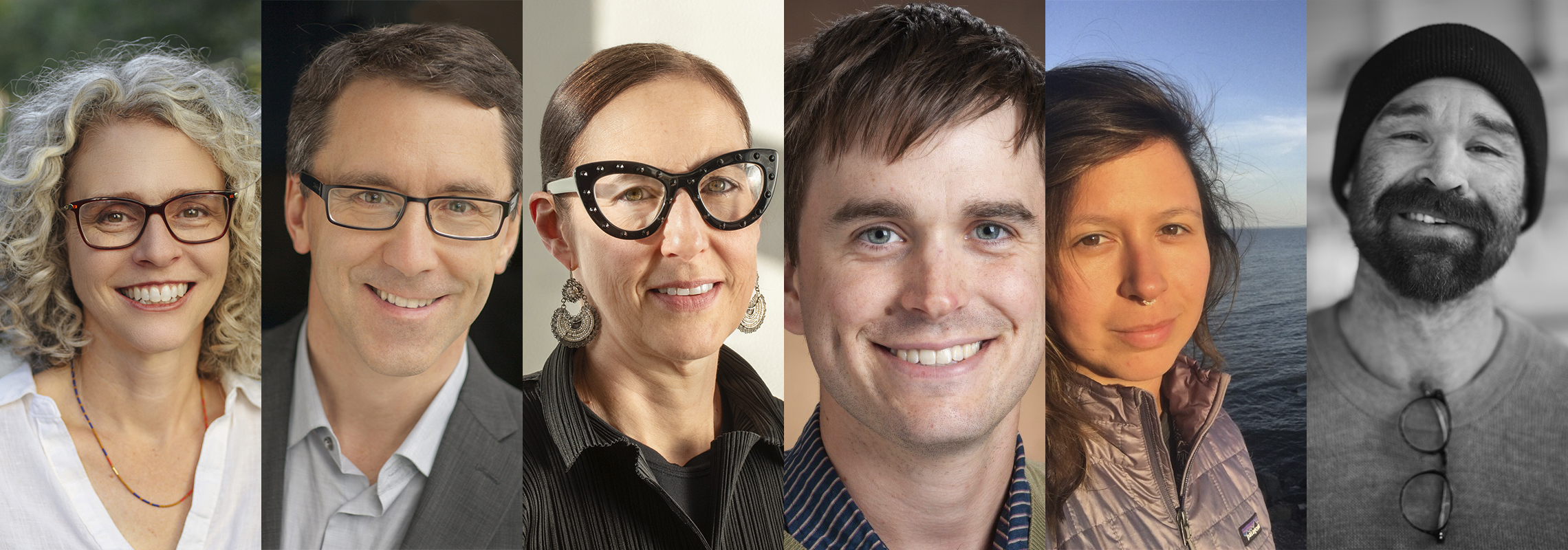this page has not been updated for LSDR 2025
Tenna Florian, FAIA
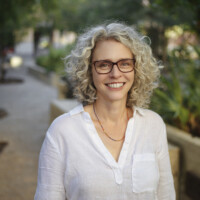
Creating Connections: An Architecture of Nature, Place, and Purpose
Tenna Florian, FAIA, is a partner and co-leader of the Lake|Flato’s Eco-Conservation Studio. Tenna finds purpose in creating architecture that promotes environmental stewardship through high performance design that strengthens the essential bond between humans and nature. Over the past 25 years, Tenna has earned a national reputation for creating designs that adapt to the effects of climate and thoughtfully engage the landscape. She is a skilled collaborator who is committed to an integrated design process that seeks to fully realize the client’s aspirations and goals. Her passion for innovative, sustainable design has led to several award-winning projects including Naples Botanical Garden, the AIA Honor Award-winning Confluence Park, and the Dixon Water Foundation Josey Pavilion—the first certified Living Building Challenge project in Texas. Tenna’s career exemplifies a long-term commitment to, and passion for, sustainable design.
Jon Hallberg, MD
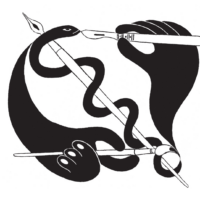
Art and Light: The Story of a Clinic, Community, and Creativity
In this presentation I will explore how the design of a clinic allowed me to explore the practice of medicine in ways that I never could have foreseen, from providing better care to patients (and becoming a destination clinic), to engaging the community, to literally and physically embodying the art of medicine.
Jon Hallberg, MD, is a professor in the Department and Family Medicine and Community Health at the University of Minnesota Medical School, and is the creative director of the school’s Center for the Art of Medicine. Jon is also the medical director of the award-winning M Physicians Mill City Clinic, located across the street from the Guthrie Theater in Minneapolis. From 2003 to 2021, Jon served as the regular health and medical analyst on the regional “All Things Considered” on Minnesota Public Radio, appearing over 650 times. From 2020-2023, Jon worked with TPT PBS to create a nationally distributed, four-part series called “Art + Medicine,” exploring the pandemic, race, aging and disability, which has gone on to win two regional Emmy Awards. Jon has dedicated his entire career to practicing the art of medicine, in both literal and metaphorical ways.
Alejandra Peña Gutiérrez
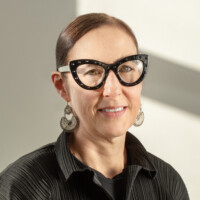
My studies in architecture have provided me with a great foundation for the work I have embarked in during my professional life. Not only has it been a decisive factor for the nature of projects that I have been able to be involved in, it has also allowed me to bring a different approach in the development of my work. In my professional, as well as personal life, I have a special appreciation for design and problem solving that are very much related to my architectural training.
Alejandra Peña Gutiérrez is the director of the Weisman Art Museum and a certified architect from the National Autonomous University of Mexico (UNAM). She also a master’s degree in art history from the same university. Peña taught architecture at undergraduate level at various Mexican universities, besides UNAM.
Peña’s experience in the field of museums starts as head architect and exhibition’s installation of the San Carlos National Museum. Through the following years she was also associate curator at the Modern Art Museum in Mexico City, and deputy director and then director of the Fine Arts Museum, also in Mexico.
In 2001 Peña was appointed deputy director general of the National Institute of Fine Arts (INBA) in Mexico. After, she worked on the development of the Center for Design, Cinema and Television, where she oversaw academic coordination and later directed the Continuing Education Program.
During 2007 she was chief of staff to INBA’s general director, and then director of cultural promotion for the general direction of education and cultural collaboration of the Ministry of Foreign Affairs. From 2009 to 2012, Peña was deputy director general of artistic heritage at INBA. During the second half of 2012, she move to Puerto Rico to become the deputy director of the Ponce Art Museum, where she became executive director in 2013. In November 2021, Peña was appointed director of the Weisman Art Museum at the University of Minnesota.
Peña Gutiérrez has been a member of the Association of Art Museum Directors since 2014; she is also a board member of the U.S. National Committee for the International Council of Museums (ICOM), where she was co-chair of the Programing Committee and is now co-chair of the Membership Committee. From 2020 to 2023, Peña was also a member of the Disaster Risk Management Standing Committee that advises the executive board and advisory council of ICOM General.
Jesse Puka-Beals
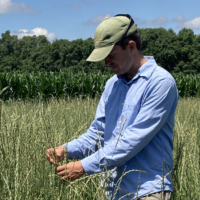
Agricultural Research and Development of Kernza, a Perennial Grain Crop
In his talk, Jesse Puka-Beals will share the types of problems agronomists solve, how they frame and solve problems, how they conduct experiments, and what they learn from those experiments.
Jesse Puka-Beals is a researcher at the University of Minnesota in the Department of Agronomy and Plant Genetics, doing small plot cropping systems research (focus on emerging crops, intercropping, and weed control), near-infrared spectroscopy for forage quality, and soil gas emissions, with a focus on kernza. Jesse has a bachelor’s degree from Cornell University in agricultural sciences and a masters degree from North Dakota State University in plant sciences.
Maggie Thompson
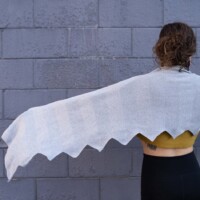 Maggie Thompson (Fond du Lac Ojibwe) was born and raised in Minneapolis, MN. She received her Bachelor of Fine Arts in Textiles at the Rhode Island School of Design (RISD) in 2013. As a textile artist and designer she derives her inspiration from the history of her Ojibwe heritage, exploring family history as well as themes and subject matter of the broader Native American experience. Thompson’s work calls attention to its materiality pushing the viewer’s traditional understanding of textiles. She explores materials in her work by incorporating multimedia elements such as photographs, beer caps and 3D-printed objects.
Maggie Thompson (Fond du Lac Ojibwe) was born and raised in Minneapolis, MN. She received her Bachelor of Fine Arts in Textiles at the Rhode Island School of Design (RISD) in 2013. As a textile artist and designer she derives her inspiration from the history of her Ojibwe heritage, exploring family history as well as themes and subject matter of the broader Native American experience. Thompson’s work calls attention to its materiality pushing the viewer’s traditional understanding of textiles. She explores materials in her work by incorporating multimedia elements such as photographs, beer caps and 3D-printed objects.
Thompson had her first solo exhibition “Where I Fit” at All My Relations Gallery in 2014 and has since exhibited at institutions such as the Minneapolis Institute of Art and the the Plains Art Museum. In 2015, she received support from the Minnesota State Arts Board Cultural Community Partnership Grant and the Native Arts and Cultures Foundation Regional Fellowship to create a body of work for her exhibit “On Borrowed Time” at the Minnesota Textile Center. The Minneapolis Institute of Art and the Minnesota Historical Society have both acquired pieces from Thompson to be a part of their permanent collection.
In addition to her fine arts practice, Thompson runs a knitwear business known as Makwa Studio and is also an emerging curator of contemporary Native art at and has worked on curating special exhibits for Two Rivers Gallery, the McKnight Foundation and the Minnesota Museum of American Art.
Aaron Wallace
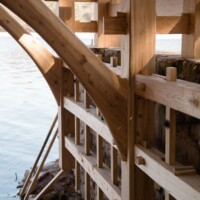
Aaron Wallace, founder of Oxbow Designs, worked as an arborist for most of his life, nearly thirty years. In his mid-thirties, a passion for design, architecture, and environment brought about an eventual career shift. During this shift he acquired various design and woodworking skills. Today he finds himself designing and building elements of commercial and residential architecture. From large open trussing systems to furniture or build-outs, his primary medium is wood, and he prefers to express his designs through traditional joinery methods, particularly in the Asian modality. Though timber framing and woodworking is a great passion, he is equally passionate about landscaping, aqua culture, stone masonry, and other disciplines or mediums associated with the sensory experience of a cultivated interior or exterior environment.


